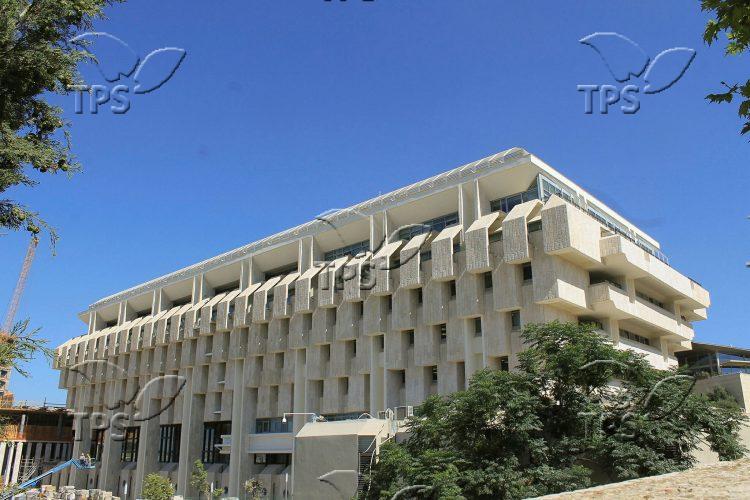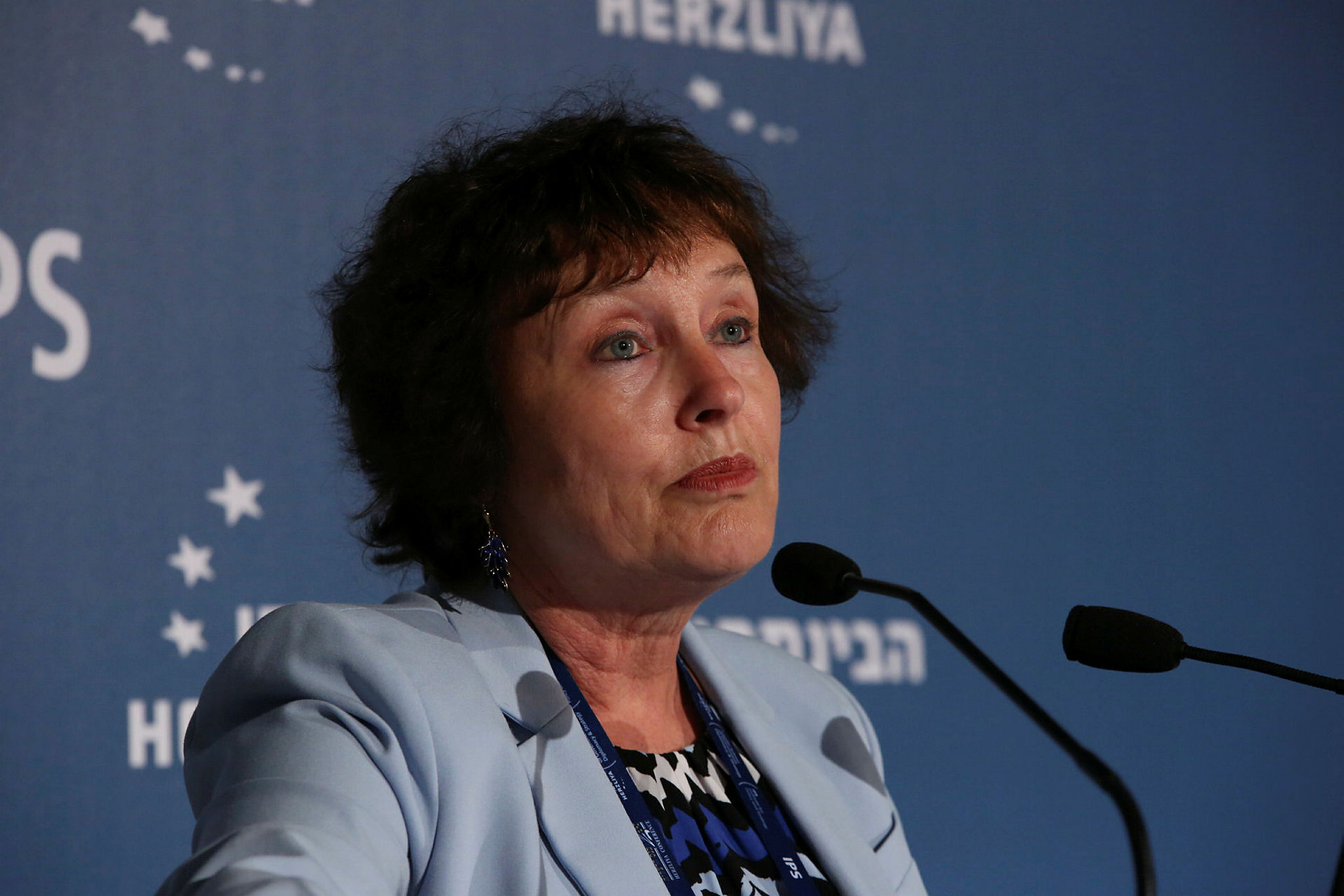Israel Raises Interest Rate Again to 4.5%
Jerusalem, 3 April, 2023 (TPS-IL) -- The Monetary Committee of the Bank of Israel (BOI) Monday announced its decision to once again raise the rate of interest, this time by 0.25 percentage points to 4.5 percent. As was the case the previous times it raised the rate, the BOI cited continued high inflation rates as the underlying cause of its decision.
The Shekel gained slightly against major foreign currencies as a result of the raise. A nation’s debt to GNP and monetary policies have a direct influence on the value of its currency against those of other nations.
According to the data released by the BOI, inflation in Israel was 5.2 percent over the past 12 months and is high in a wide range of CPI components. While there has been some moderation in annual inflation, the Bank said that it was e moderation was slower than in previous assessments. Inflation expectations and forecasts for the first year from all sources increased, and are around the upper bound of the target range. Expectations derived from the capital market for the second year onward are all within the target range.
Since the previous policy decision, the CPI increased by 0.5 percent in February. With that, inflation in Israel remains lower than in most of the advanced economies. Net of energy and fruits and vegetables, inflation is 5.1 percent, and the figure remains 5.1 percent with the further neutralization of the effects of taxation and regulation. The pace of annual inflation of the nontradable components, which mainly reflects the housing component and services industries, is 5.5 percent—similar to the previous month. In contrast, the annual pace of inflation of the tradable components declined to 4.8 percent. One-year inflation expectations and forecasts from all sources increased, and are around the upper bound of the target range. Expectations derived from the capital market for the second year and onward declined slightly, and are within the target range. The Monetary Committee’s assessment is that the monetary tightening processes in Israel and abroad, and the moderation of demand, are working to moderate inflation.
Economic activity in Israel is around the long-term trend, but its expansion has slowed relative to last year. The labor market is tight, and the employment rate remains at a level that reflects full employment. However, the job vacancy rate continues to decline moderately, said the BOI.
Governor of the Bank of Israel Amir Yaron commented on the decision saying, “Inflation in Israel has been above the upper bound of the target range for some time, and according to the various expectations and forecasts, it is expected to moderate in the coming 12 months and to return close to the target range of 1–3 percent.”
“The increase in prices is reflected in a wide range of CPI components,” he added. “Alongside a decline that we have seen in recent data regarding the inflation rate for tradable products, among nontradable products, made up primarily of the housing component and service industries, there has not yet been a notable moderation. These components are the “sticky inflation” components. The Monetary Committee assesses that the monetary tightening processes in Israel and abroad and the easing of demand are acting to moderate inflation.”







